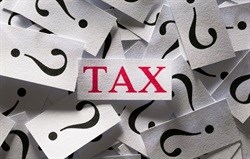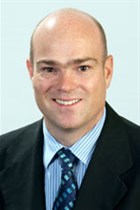The general deduction formula in section 11(a) of the Income Tax Act 58 of 1962 permits a taxpayer to deduct from his income, expenditure and losses actually incurred in the production of income, provided they are not of a capital nature.

© bahrialtay – Fotolia.com
In the recent judgment, Commissioner for South African Revenue Service v Mobile Telephone Networks Holdings (Pty) Ltd, the Supreme Court of Appeal (SCA) had to adjudicate upon a claim for a deduction of audit fees.
The taxpayer, a "holding company" within the MTN Group, had claimed deductions for fees charged by its auditors between 2001 and 2004. There were two sources of revenue for the taxpayer, namely dividends and interest. SARS only allowed a deduction of between 2% and 6% of the audit fees, apportioning them based on a ratio of between the taxable interest income and the exempt dividend income which made up the majority of its revenue. On appeal to the Tax Court a 50/50 apportionment was held to be appropriate, which deduction was increased to 94% on a further appeal to the High Court.
Apportionment of such expenditure
It was not disputed by SARS that the auditing of the taxpayer's financial records was necessary for the performance of its income-earning operations. However, in circumstances where the expenditure is laid out for a dual or mixed purpose, our courts have approved of an apportionment of such expenditure. Over the years various formulae have been applied by courts to achieve a fair apportionment. But circumstances may arise where it is not possible to devise fair and reasonable formulae, or to break down the expenditure into deductible and non-deductible components.
The SCA held that apportionment is essentially a question of fact depending upon the particular circumstances of each case. After considering the facts, the Court was of the view that the major part of the audit would not have been the time spent on dividend and interest entries, but the consolidation of the taxpayer's subsidiaries' results into the taxpayer's results. It followed that the apportionment must be weighted heavily in favour of the disallowance of the deduction given the predominant role of the taxpayer's dividends operations as opposed to the more limited income earning operations. Ultimately the SCA held that a 50/50 apportionment was far too generous and it would be fair and reasonable that only 10% of the audit fees be allowed as a deduction.
NOTE: This information should not be regarded as legal advice and is merely provided for information purposes on various aspects of tax law.























































